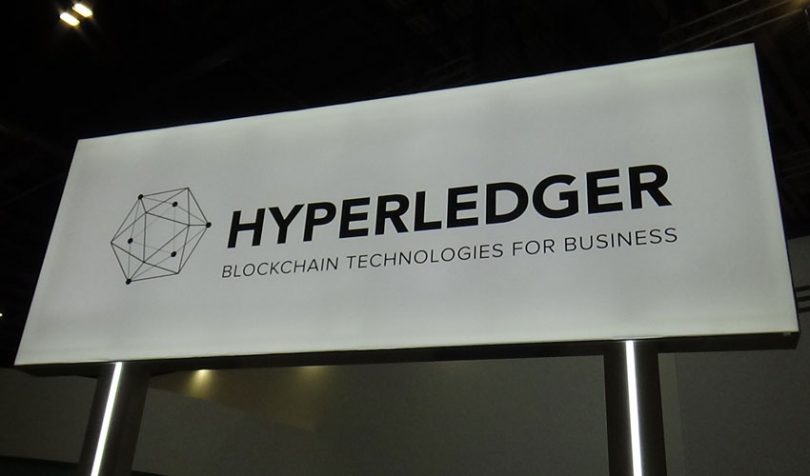Today Hyperledger revealed its latest named project, Hyperledger Avalon. Avalon is the group’s implementation of the Trusted Compute Specifications published earlier this year by the Enterprise Ethereum Alliance (EEA). It enables computations to be processed off-chain while still being trusted, improving scalability without compromising privacy.
Perhaps the biggest problem facing public blockchains is their scalability, and trusted off-chain computation is seen as a promising way to fix it. But it is a complex process to design a way to take the calculations off the blockchain while keeping them secure.
The EEA’s original spec outlined how to do this with ‘Workers’, which take the more demanding tasks off the blockchain. Now, Hyperledger has released Avalon: its own implementation of the spec, which includes coded Workers for any blockchain platform.
It was developed with several high profile firms including Intel, iExec, ConsenSys, Banco Santander, Oraclize, Microsoft, and the EEA itself. In fact, all these firms also worked on the EEA’s spec. But Hyperledger has included some newcomers, such as Baidu, Alibaba Cloud, and IBM.
According to Hyperledger, the implementation “enables the secure movement of blockchain processing off the main chain to dedicated trusted computing resources.”
These resources are Avalon’s Workers, which have different types for different trusted computation options. Options include Trusted Execution Environments (TEE), Multi-party Computation (MPC), and Zero-Knowledge Proofs (ZKP).
Plus the project is left open for new trusted compute methods; as long as an option guarantees data and code integrity, it will work with Avalon. This, along with its ledger independence, could be a big step in solving the scalability problem.
Avalon looks to be the latest collaborative effort between Ethereum and Hyperledger. The two became members of the other’s organizations within the last year. Hyperledger’s last named project was the Ethereum client Besu. Since then, EEA founder ConsenSys has joined the Hyperledger community.
Apart from offering Besu, Hyperledger already has a separate Ethereum client known as Burrow. Hyperledger last year integrated support for Ethereum’s smart contract language Solidity in its Fabric platform.







